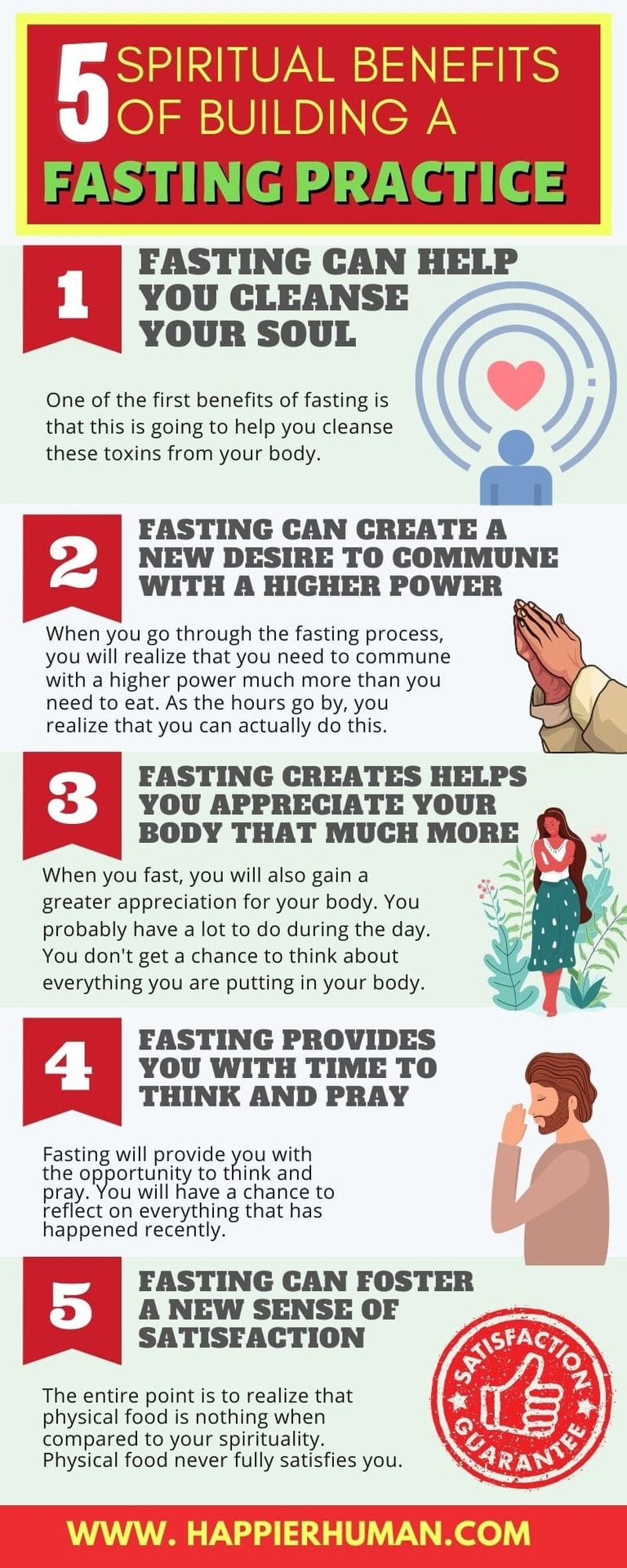The concept of fasting within the Baha’i Faith is much more than mere abstinence from food; it is a profound spiritual practice designed to enhance one’s spiritual growth and connection with the divine. The Baha’i Fast, observed annually from March 2nd to March 20th, serves as a time of reflection, personal development, and community engagement. This period of fasting encourages individuals to cultivate virtues, engage in prayer, and deepen their understanding of spiritual realities. In exploring the spiritual benefits of fasting, one discovers a multilayered practice that is as enriching as it is transformative.
At its core, the act of fasting initiates a journey inward, enabling practitioners to confront personal challenges and cultivate self-discipline. This self-discipline is not merely a physical restraint; it translates into a holistic approach to life that encourages individuals to exercise control over their desires and impulses. By temporarily relinquishing physical sustenance, Baha’is seek to nourish their souls. This upward trajectory of self-mastery inculcates a sense of empowerment, fostering resilience against life’s myriad challenges.
Furthermore, fasting is intricately connected with the concept of reflection. Each day during the Fast, adherents are encouraged to engage in contemplation on the teachings of Baha’u’llah and to examine their own lives in light of these principles. This period of reflection invites individuals to ponder existential queries, leading to elevated awareness and a renewed sense of purpose. In this context, fasting transcends physical deprivation; it emerges as a catalyst for profound personal insights, prompting practitioners to align their daily actions with their spiritual beliefs.
Moreover, the collective experience of fasting fosters communal bonds among Baha’is. The shared commitment to this spiritual exercise enhances a sense of unity and belonging within the community. Regular communal gatherings for prayer and devotional meetings during the Fast create opportunities for mutual support, strengthening interpersonal relationships. In effect, fasting functions as a bridge that connects individuals, fostering an atmosphere of friendship that uplifts and nourishes the community spirit.
An essential aspect of fasting in the Baha’i tradition is the concomitant practice of prayer. Fasting serves as a backdrop against which the spiritual significance of prayer is magnified. The act of prayer during this sacred period helps to anchor practitioners, providing solace and fostering a deeper communion with God. The spiritual benefits derived from prayer during fasting extend beyond personal insight; they contribute to an enriched spiritual milieu that reverberates through one’s surroundings, promoting a synergistic effect that enhances the collective spiritual atmosphere of the community.
Commitment to this spiritual practice delineates a crucial aspect of a Baha’i’s ethical framework, encouraging adherents to emulate the selfless attributes of divine beings. In this light, fasting serves as a reminder of the importance of service to humanity—a paramount principle in Baha’i teachings. As one engages in introspection and self-improvement through fasting, the resultant emotional and spiritual elevation often compels individuals to extend their newfound insights into acts of service toward others. This altruistic disposition reflects the Baha’i conviction that true fulfillment arises through the service of others, leading to a ripple effect of goodness and compassion within society.
In addition to the personal and communal benefits, fasting also holds profound implications for one’s physical health. While the Baha’i Fast involves abstaining from food and drink from sunrise to sunset, it invites individuals to reassess their nutritional habits overall. This period of temporary dietary restraint can pave the way for healthier lifestyle choices beyond the Fast, promoting mindfulness regarding food consumption, which is increasingly important in contemporary society. By adopting a conscious approach to health during fasting, practitioners may experience a rejuvenation of both body and spirit, cultivating an invigorated sense of holistic well-being.
Furthermore, the spiritual impact of fasting encourages a reassessment of material attachments. Abstaining from physical pleasures can catalyze an awareness of the transient nature of worldly possessions. Engaging in this reflective process empowers individuals to transcend superficial desires, redirecting energies toward spiritual aspirations. In this manner, fasting becomes a transformative experience, allowing one to rise above the mundane and connect with eternal verities, fostering an appreciation for the sublime dimensions of existence.
To encapsulate the essence of fasting within the Baha’i Faith, one must also recognize its role in the cultivation of gratitude. Fasting encourages practitioners to express gratitude for the myriad blessings present in their lives. This sense of appreciation not only softens the heart but also enhances a spirit of humility. Gratitude, when woven into the fabric of daily life, engenders a perspective that acknowledges the interconnected nature of all beings, fostering respect and nurturing compassion for others.
As the Baha’i community observes the Fast, individuals are afforded a unique opportunity to explore the wide array of spiritual benefits intrinsic to this sacred practice. From self-mastery and reflection to community bonding, prayer, and collective service, the spiritual journey undertaken during this time holds profound implications for the individual and the collective. Ultimately, the Baha’i Fast serves as a reverberation of the eternal principles of love, unity, and service, inviting practitioners to deepen their engagement with the divine and transform their lives in the process.
